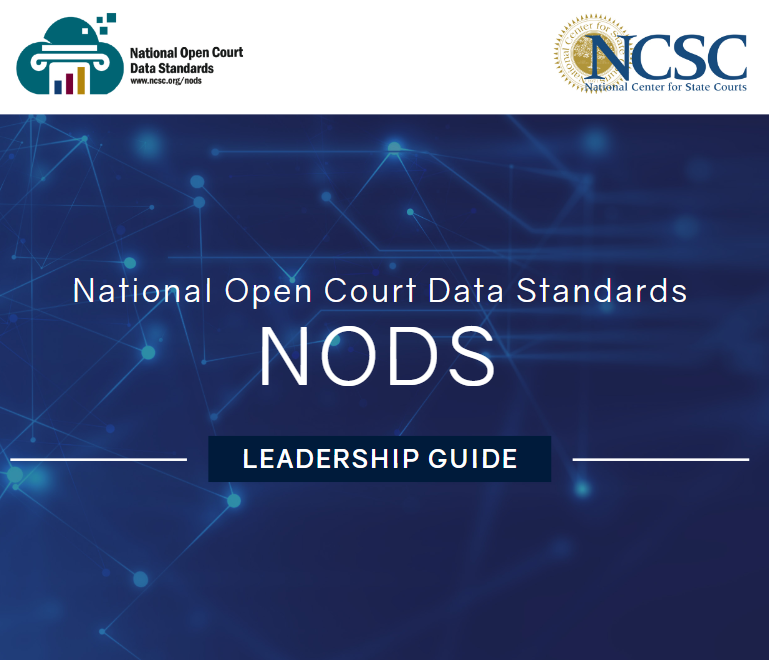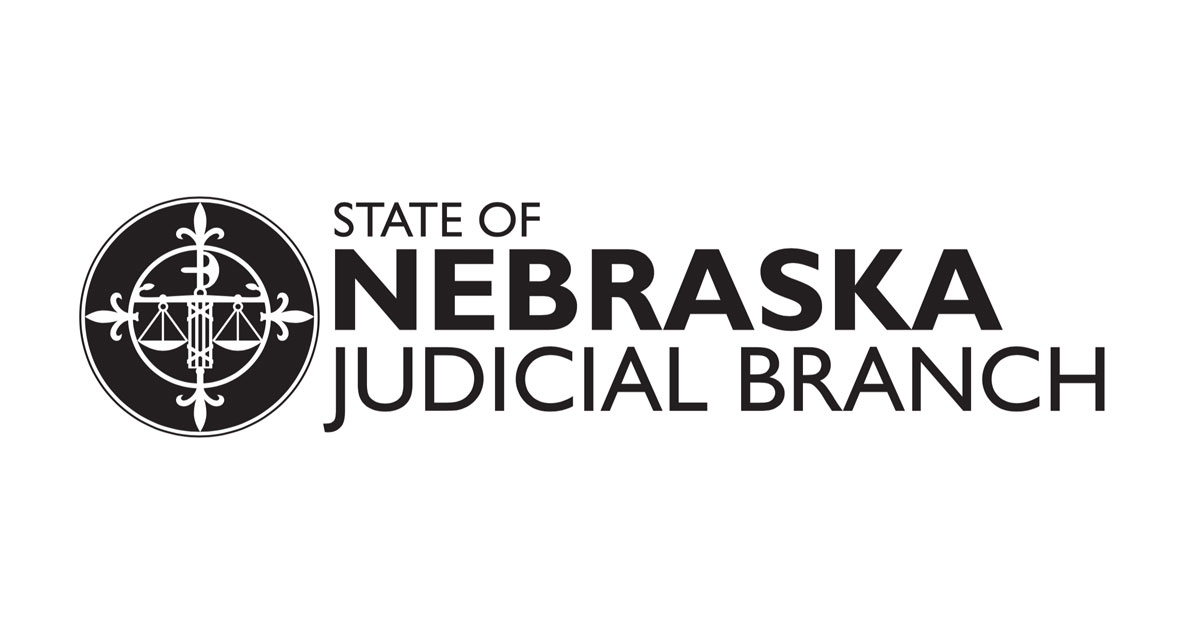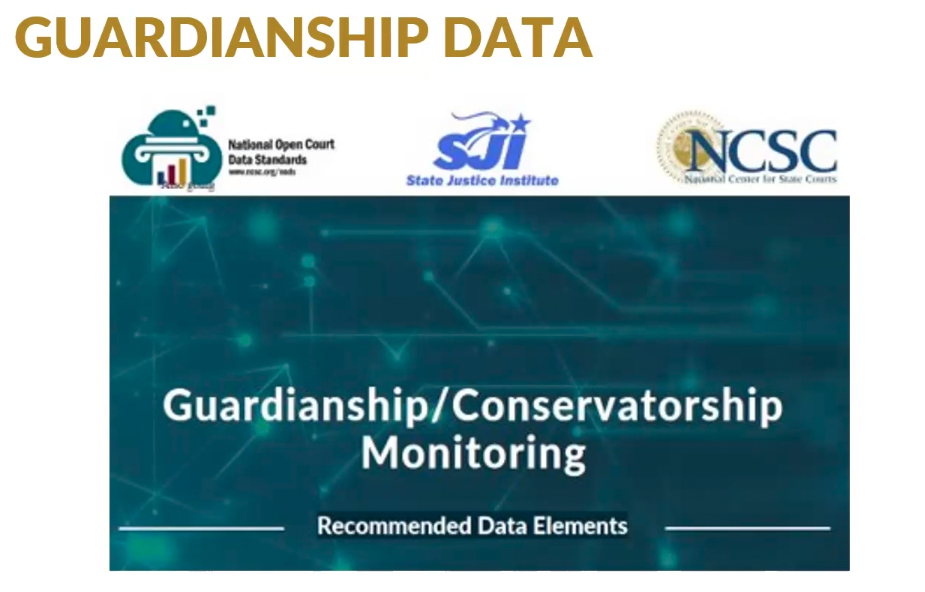SJI Grantee Spotlights

Implementing National Open Court Data Standards in Pilot Courts
The National Open Court Data Standards (NODS) consists of business and technical court data standards designed to facilitate the sharing of court data, ensure consistency in how data are understood and used, and reduce the costs and efforts required for courts to respond to data requests. In addition, several states are using NODS as a framework to build statewide data repositories.
Over the last four years, SJI has supported the implementation of NODS in 16 states. A recent evaluation of the project found that successful implementation has relied upon supportive executive leadership, dedicated staff, a designated NODS champion, and financial resources. Barriers to implementation have included a lack of resources, competing priorities, and insufficient leadership support. For states implementing NODS, it has been a useful tool to identify and address data governance issues. Most adopting courts indicated that their court began to collect new data elements due to mapping their case management system to NODS.
In addition to the core spreadsheet of data elements, resources available to courts and vendors include:
- NODS NIEM6 Message specification
- NODS User Guide
- NODS Leadership Guide
Along with Subject-area specific guides to NODS, including:
- NODS for Family Court
- NODS for Guardianship
- NODS for Traffic
- NODS for Criminal
These resources are available at www.ncsc.org/nods.
Webinars are also available to learn more about NODS, including a Data Dives Webinar on NODS and a special webinar on Better Traffic data with NODS.

Arizona Lawyer Apprentice Program (ALAP)
January 1, 2026
The Arizona Supreme Court implemented the Arizona Lawyer Apprentice Program (ALAP) on September 1, 2024, with generous grant support from the State Justice Institute, creating an alternative pathway to law licensure. ALAP is designed for candidates who narrowly miss Arizona’s Uniform Bar Exam (UBE) passing score of 270, recognizing that a single cut score does …

Court Cybersecurity and Technical Disaster Recovery Summit
December 1, 2025
The National Center for State Courts (NCSC), with funding from the State Justice Institute (SJI), launched a national initiative to strengthen state courts readiness for cyberattacks and technical disruptions through Cybersecurity and Disaster Recovery Workshops. These regional sessions (first virtual and then in-person) bring together judges, administrators, IT leaders, and communications staff to enhance preparedness, …

Addressing Homelessness for Youth Involved in the Juvenile and Family Justice System
November 1, 2025
The National Council of Juvenile and Family Court Judges (NCJFCJ) is proud to have the opportunity to further local efforts to address the unique needs of our children and families. In 2021, the NCJFCJ published the first of its kind, a toolkit for family court judges to better recognize red flags of families facing or …

Working in Courts
October 1, 2025
The National Center for State Courts‘ Institute for Court Management is excited to announce the development of a new, innovative e-learning course designed to educate and inspire state and local court employees. This approximately 3-hour online self-study course is tailored primarily for new hires and aims to address a critical gap in understanding the essential …

Self-Help Center Pilot in Douglas County
September 1, 2025
The Nebraska Administrative Office of the Courts and Probation has collaborated with local trial judges, attorneys, and court staff to pilot a court-based Self-Help Center in Douglas County (Omaha, Nebraska). The first of its kind in Nebraska, this self-help center is located in the courthouse and provides on-site access to computers, printers, and legal resources …

Guardianship & Technology
August 1, 2025
The National Center for State Courts, in cooperation with the ABA Commission on Law and Aging (COLA) and the National Disability Rights Network (NDRN) created technology and data standards for court case management systems for guardianship and conservatorship cases. Most case management systems are designed to track cases from filing to disposition. However, courts are …

